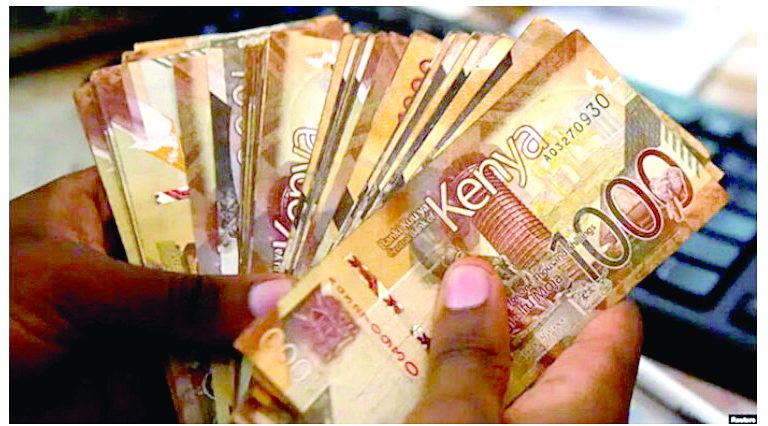Suppliers frustrated as Ksh539.9B pending bills weigh down economy

Pending bills of Sh539.9 billion continue to weigh down the economy with suppliers and contractors caught in a financial chokehold as the government payments drag on.
Many businesses that depend on state contracts are struggling with cash flow problems that have led to layoffs, loan defaults, and, in some cases, permanent shutdowns.
While businesses wait, some have been forced to explore alternative markets to survive.
“We have shifted focus to private sector clients because relying on government contracts is no longer sustainable,” said Livingstone Kamau, who owns a construction supplies company.
Others, however, do not have the flexibility to pivot, leaving them at the mercy of government disbursements.
Financial analyst Gideon Mungai says the government’s budget constraints are worsening the situation.
“Kenya’s fiscal deficit means that revenue collection is not keeping up with expenditure, so pending bills keep piling up. Unfortunately, this creates a liquidity crisis in the private sector, stifling economic activity.”
Treasury data shows that out of the Sh539.9 billion in pending bills, Sh426.3 billion is owed by State Corporations while Sh97.8 billion is tied to ministries, state departments, and other government entities.
Among state corporations, contractor and project-related payments make up the highest share at 60.8 per cent, while recurrent bills stand at 39.2 per cent.
For ministries and other government agencies, the majority 75.2 per cent are recurrent, with only 24.8 per cent going towards development. Kenya Private Sector Alliance (Kepsa) has warned that failure to clear pending bills is hurting economic growth, with small businesses, which form the backbone of Kenya’s economy, bearing the brunt of the delays.
In response, the Treasury reported that they had initiated efforts to address the crisis.
Bills Verification Committee
“The National Treasury, with the approval of the Cabinet, has established a Pending Bills Verification Committee to carry out a thorough analysis of the stock of National Government pending bills that have accumulated from June 2005 to June 2022 with a view to advising the Government on settlement of the same,” Treasury officials said in a statement.
However, the delay could also be linked to a committee, which was inaugurated on November 7, 2023, to verify claims and establish their authenticity before recommending settlements.
“All the claims submitted to the committee will be subjected to thorough verification and analysis with a view to establishing the integrity of each bill while recognizing each bill as unique in its own right,” Treasury notice added.
The verification process is also set to cover pending bills from July 2022 to June 2023, which will be assessed by ministries, departments, and agencies before being prioritised in the current and next financial year’s budget.
Beyond settling current pending bills, the Treasury has indicated that the verification committee will propose long-term solutions.
“The committee will identify the causes of pending bills and make recommendations on policy, legal framework, and procedures it considers appropriate to curtail escalation and avoid future accumulation,” Treasury notice stated.














